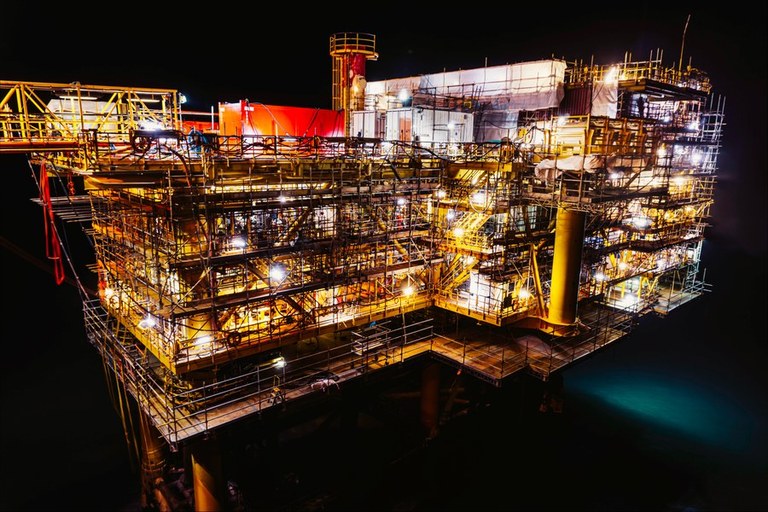OFOG
About OFOG
The OFOG is an ad hoc working group coordinated by REMPEC and established in 2012 with a view to facilitating the effective implementation of the Offshore Protocol of the Barcelona Convention. It responds to the need for a regional technical forum to assist the Contracting Parties in dealing with technical issues related to offshore activities, including monitoring of their impacts, in order to achieve the goals of the Offshore Protocol. Under this regional cooperation framework, the representatives of the Contracting Parties have the opportunity to share their experiences and promote the use of best available standards, techniques and practices in daily activities. The Terms of Reference for OFOG were adopted by COP 18 that took place in Turkey in 2013 (Decision IG.21/8).
The scope of the Offshore Protocol is wide encompassing. It does not limit itself to monitoring of the environmental impacts of offshore oil and gas activities but also addresses issues related to the safety of processes and the qualification of the staff employed in these activities (human element). The activities of OFOG encompass all matters based on the relevant articles of the Offshore Protocol referred to its consideration by the Contracting Parties. Nevertheless, due to the complexity of matters included in the Protocol, priority is given to the environmental impact and control of pollution from such activities through the OFOG Sub-Group on Environmental Impact.

Members
The OFOG is primarily composed of representatives of the Contracting Parties to the Barcelona Convention who are designated by the MAP Focal Point as the National Offshore Focal Point. Representatives of the oil and gas industry as well as IGO’s and NGO’s with a relevant mandate to the topics discussed in the various sub-groups are encouraged to participate as observers.
Activities
Building upon the work carried out in the framework of other relevant fora, OFOG provides technical support and guidance, and make recommendations to the Meetings of the Parties to the Offshore Protocol to accomplish its functions as stipulated in Article 30.2 of the Offshore Protocol. In particular this includes, but is not limited to, the following issues:
- identifying priorities for preparation of guidance documents, standards and best practices in the oil and gas sector;
- preparing, or initiating and overseeing the preparation of guidelines on the industry best practices;
- in the interest of sharing experience, facilitating rapid information exchange between national authorities through the appropriate information mechanism, regarding e.g. the occurrence and causes of and responses to major incidents, and events which could have led to major accidents;
- promoting and facilitating consensus between national authorities regarding the best regulatory practice;
- exchanging information regarding the application of national legislation and policies relevant to offshore oil and gas activities, and assisting the Secretariat in monitoring the implementation of the Offshore Protocol;
- developing and applying common standards as per article 10 of the Protocol;
- keeping under review the technical content of the annexes to the protocol and make relevant recommendations;
- preparing draft measures to control the use of chemicals and oil and any other substances or sources of pollution;
- developing appropriate guidelines for monitoring and assessment paying particular attention to ensure consistency with other related monitoring policies adopted by the Contracting Parties;
- assisting in defining appropriate relevant targets for Offshore activities within the implementation of the Ecosystem Approach to MAP policies and strategies.
OFOG meets on a biennial basis. To date, three OFOG meetings have taken place:
- First meeting of the OFOG Sub-Group on Environmental Impact, held in Loutraki, Greece on 3-4 April 2017
- Second meeting of the OFOG Sub-Group on Environmental Impact, focusing of mitigating risks of oil and gas activities in the Mediterranean, held in Athens, Greece on 27-28 June 2019, with support from the Italian Ministry for Environment, Land and Sea Protection
- Third meeting of the OFOG Sub-Group on Environmental Impact held remotely on 3-4 June 2021

